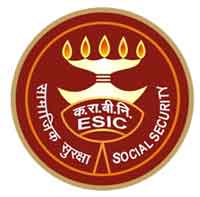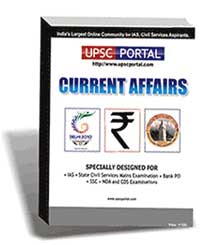
RBI Grade B Exam Paper, English Language: 2010
Direction (Qs. 1 to 5): Which of a phrases (1), (2), (3) as well as
(4) since subsequent any judgment should reinstate a word printed in confidant
in a since judgment to have it grammatically correct? If a judgment is scold as
it is as well as no improvement is required, afterwards symbol your answer as
(5) :
Q.1. Ultimately he viewed a honour he deserve.
(1) Gained a honour he deserve
(2) Received a honour he deserves
(3) Received a honour he deserved
(4) Bags a honour he deserve
(5) No improvement required
Ans. (3)Received a honour he deserved
Q.2. we am all conflicting in a matter of a little of a Managers.
(1) Totally dispute to the
(2) Absolutely dispute by the
(3) Totally conflicting to the
(4) Completely conflicting in the
(5) No improvement required
Ans. (3)Totally conflicting to the
Q.3. Gayatri incited down a pursuit suggest to house her friend.
(1) Job offering in accommodate
(2) Job offers for accommodate
(3) Job suggest to accommodating
(4) Job suggest in accommodate
(5) No improvement required
Ans. (5)No improvement required
Q.4. She was sensitive which everybody of them have been wakeful of a
fact.
(1) Were wakeful of
(2) Are wakeful of
(3) Was wakeful of
(4) Is wakeful of
(5) No improvement required
Ans. (3)Was wakeful of
Q.5. She has being venturing in to areas which she had always avoided in a
past.
(1) Has been venturing into
(2) Has venturing into
(3) Would venturing into
(4) Had venturing into
(5) No improvement required
Ans. (1)Has been venturing into
Directions (Qs. 6 to 10): Read any judgment to find out either there
is any grammatical blunder or vernacular blunder in it. The error, if any, will
be in a single partial of a sentence. The number of which partial will be your
answer. If there is no blunder (ignore errors of punctuation, if any),
afterwards your answer will be (5).
Q.6. They never suspicion (1) / which Joshi is (2) / oldest than a
alternative (3) / Professors in a Faculty. (4) / No blunder (5)
Ans. (3)
Q.7. Taken in to care (1) / a recommendation of his (2) / colleagues he
motionless (3) / to stay in a Institute. (4) / No blunder (5)
Ans. (1)
Q.8. we am approaching hit (1) / we someday in (2) / subsequent week to
(3) / plead with we in detail. (4) / No blunder (5)
Ans. (1)
Q.9. The military has creation (1) / any bid to yield (2) / most suitable
assistance as well as (3) / courtesy to any citizen. (4) / No blunder (5)
Ans. (1)





